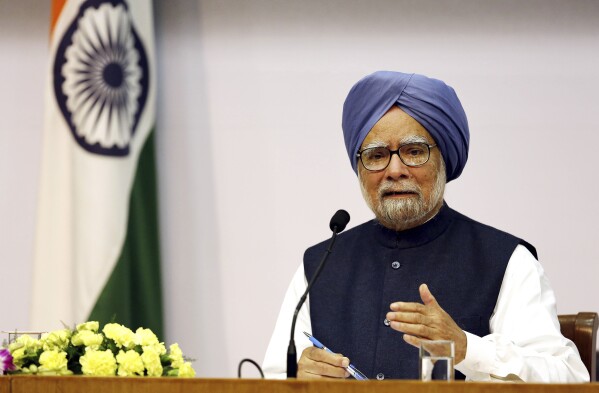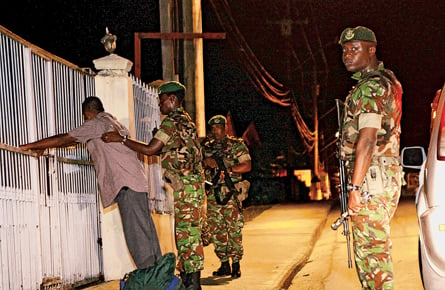
Manmohan Singh Dies at 92: A Visionary Leader’s Legacy
Manmohan Singh dies at the age of 92, leaving behind an indelible mark on India’s political and economic landscape. As the architect of India’s major economic reforms in the 1990s and former Prime Minister, Singh’s influence on modern India is immeasurable.
The Architect of India’s Economic Liberalization
Manmohan Singh transformed India’s economy, earning him a place in history as the architect of India’s economic liberalization. In 1991, as Finance Minister, Singh led India through an economic crisis and introduced sweeping reforms. His policies focused on trade liberalization, reducing fiscal deficits, and welcoming foreign investment. These efforts turned India into one of the fastest-growing economies globally and reshaped the nation’s economic framework.
Leadership as Prime Minister of India
Singh served as Prime Minister from 2004 to 2014, overseeing India’s growth during his two terms in office. His government focused on sustaining economic growth, poverty reduction, and infrastructure development. While his leadership style remained measured and calm, Singh’s decisions, such as fostering a stronger relationship with the United States and pursuing nuclear energy advancements, had far-reaching consequences. Under his guidance, India cemented its position as a global economic player.
A Quiet, Thoughtful Leader
Manmohan Singh was known for his intellectual depth and humility. Unlike many political figures, he preferred to let his work speak for itself. He made strategic decisions based on long-term vision rather than seeking immediate political gains. Although critics occasionally called him a “silent leader,” his ability to make difficult decisions and navigate India through global economic shifts gained him respect, both within India and internationally.
Manmohan Singh’s Global Influence
Singh’s diplomatic efforts expanded India’s influence abroad. The historic Indo-US nuclear deal, signed in 2008, significantly enhanced India’s international standing and marked a new phase in India’s foreign policy. Singh also focused on strengthening India’s relationships with key global powers, which improved the country’s economic and strategic ties worldwide.
Tributes to a Visionary Leader
Since his death, leaders from across India and around the world have expressed deep admiration for Singh. From political figures to economists, all have acknowledged his pivotal role in shaping India’s modern economic policies. Many have hailed him as one of the greatest economic thinkers of his generation, whose policies continue to impact India’s trajectory.
Conclusion: Remembering Manmohan Singh’s Legacy
Manmohan Singh’s passing marks the end of an era for India. His profound contributions to the nation’s economic growth and global standing cannot be overstated. As India reflects on his achievements, Singh’s legacy as a reformer and visionary leader will inspire future generations to continue the work he started.










